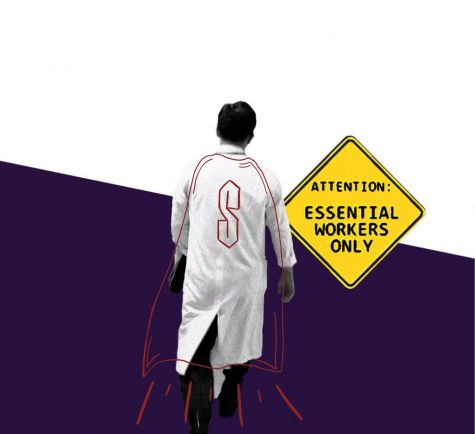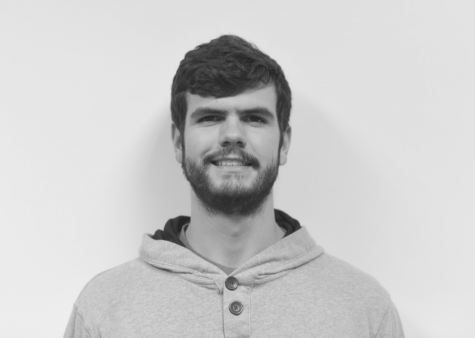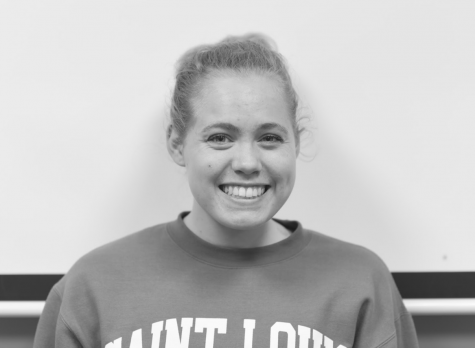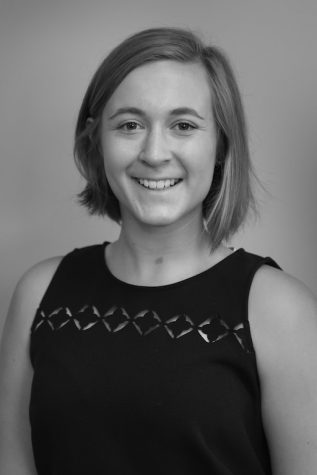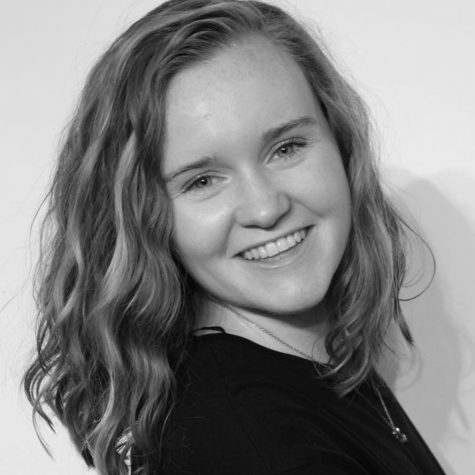Challenging Categories: International Students at SLU-Madrid
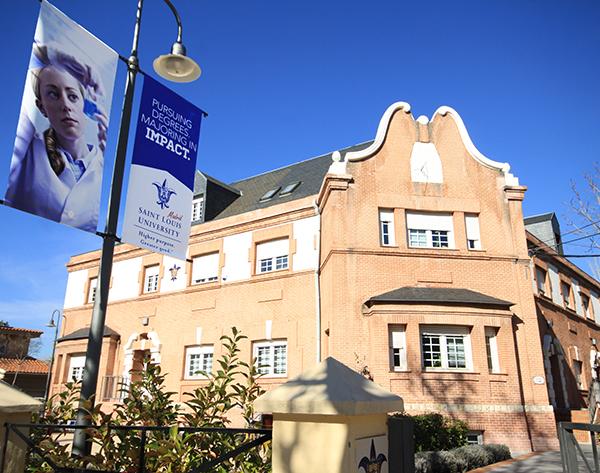
My office is in San Ignacio Hall, making it easy for me to take a break in the cafeteria downstairs. I’ll sit down and chat with just about anyone. I feel welcomed, usually, even after explaining that I’m, um, the Dean. These conversations help me take the pulse of the campus and get to know our students.
SLU-Madrid takes great pride in its international student body, which a stroll through the cafeteria, especially during crunch-time, 1:55 p.m. – 2:25 p.m., makes clear. At one table you’ll hear Spanish, at the next English, at a third Arabic or French. You’ll see engineering students (textbooks open) and nursing students (wearing blue scrubs) and students in torn jeans and others in headscarves.
What’s curious to me is that, in spite of this celebration of international diversity, SLU-Madrid students, faculty and staff can’t help but place every student in one of two categories: “visiting” or “permanent.”
I’m guilty too: These categories are the preliminary data points I gather each time I sidle into a conversation. Here’s a second-semester sophomore, in SLU’s occupational therapy program, from southern Illinois (visiting). Another is from Baylor, double-majoring in accounting and Spanish (visiting). A third reminds me how we’ve met before: She’s from Ghana, yes, studying communication, and, no, it’s not her first term; she’s a senior (permanent). While it’s humiliating to have a weak memory for names, I bluster on as best I can. Ah-hah! Here’s someone who desperately hopes I don’t join him: He’s on academic probation—his name I remember! I’m politely corrected (permanent).
From visiting students, I hear about their experiences, which often include adventures that I doubt they’ve shared with their parents: the tattoo acquired in Dublin, for example, or paragliding off an alp. They update me on their housing: Our host families, I’ve learned, are phenomenal; on occasion, just okay. As midterms approach, I hear how classes in Madrid are either harder than those at home or easier or about the same. I also hear how faculty in Madrid are more demanding or not, more accessible or not and so forth. These comparisons help me gauge how we’re doing institutionally.
The permanent students also share their views on what’s going well or not. I love hearing about why they chose to study here. It’s most often because we’re American and in Madrid. Students from Spain or Morocco say it’s because it’s close to home; students from the U.S. and elsewhere, because it’s another culture. In general, they’re happy with the choice and fiercely proud of their campus: a testament to SLU’s success in offering four-year degrees overseas. The permanents get to know me, so they’re comfortable registering complaints: more majors are needed, extended library hours as well and a pool table. Since we’re at it, how about a bigger cafeteria?
Interestingly, each group is critical of the other, at times. The visiting students see the permanents as standoffish, a bit too cosmopolitan, hard to get to know. The permanents feel that the visiting students treat the campus as if it were a travel hub; they’ve not integrated into our international community.
The conversations I’ve had help put these perceptions into perspective. It’s understandable that students in Europe for only four months would want to see as much as they can. As they set off on their weekend trips, they are having an experience of a lifetime, literally. They are also making decisions and gaining insights into themselves in ways they’ve never done before. That’s not to say we need not assess the study abroad experience we are currently providing. We do.
It’s also understandable that our permanent students may feel that the different waves of visitors each semester detract from the sense of a campus community. It’s hard to invest in a friendship with someone who will be leaving in a few months, who doesn’t hang out on weekends. To the permanent students, the visitors haven’t had to immerse into and adapt to a new culture—life in Madrid, life on an American campus—for the long term.
The visitors, so busy with their studies and travel, may not appreciate the extraordinary project that our permanents participate in: pursuing university degrees within an international community shaped by SLU’s mission. The permanents, so comfortable on campus and so familiar with Madrid, may not appreciate the challenges the visitors face: U.S. visitors are, above all, international students in Spain.
Differences aside, both kinds of students have much in common, of course. My conversations consistently teach me that both groups value—deeply—the international experiences they are gaining and recognize how these experiences contribute to their own formation, as men and women for others. Together, they contribute and indeed create SLU-Madrid’s diverse community.
Your donation will support the student journalists of Saint Louis University. Your contribution will help us cover our annual website hosting costs.



